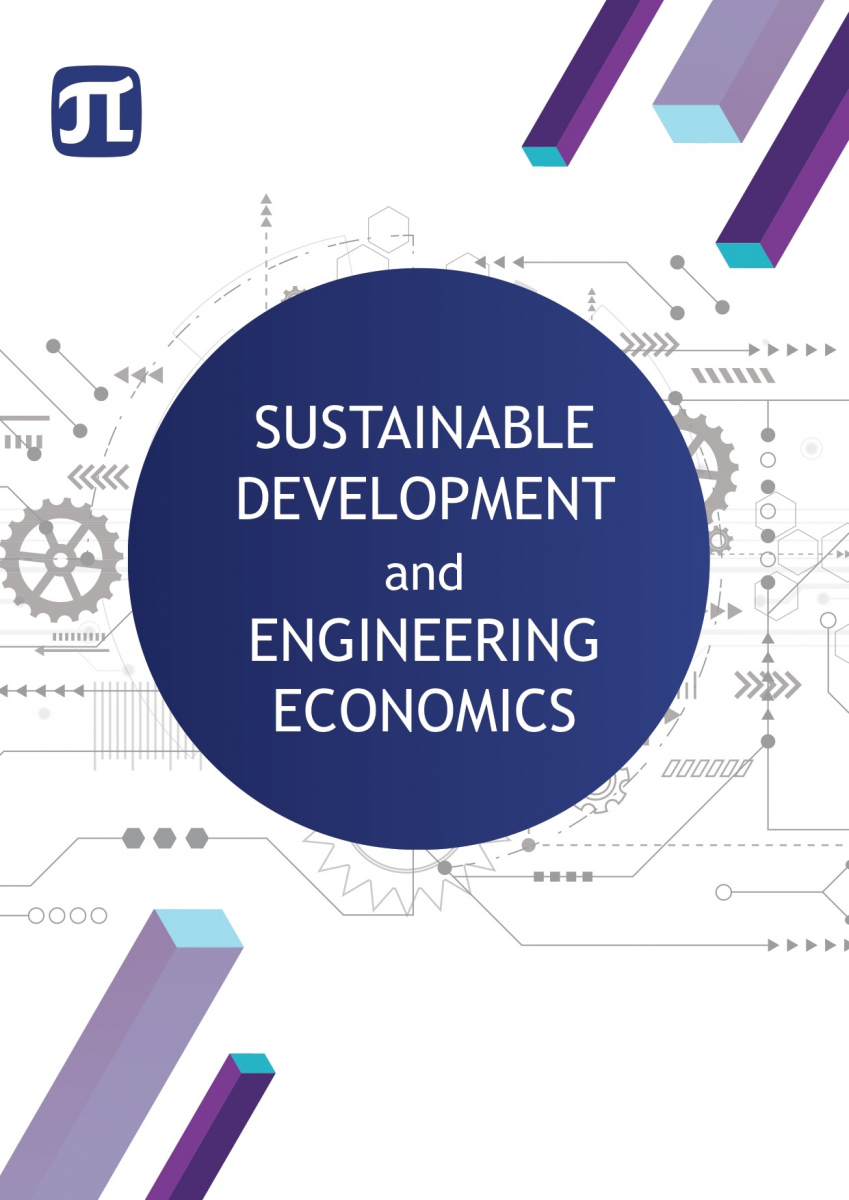CLUSTERING OF TERRITORIAL OBJECTS IN THE MANAGEMENT OF THEIR SUSTAINABLE DEVELOPMENT
It is necessary to understand the nature of spatial territorial socio-economic objects in order for them to have an effective influence on the implementation of measures intended to increase the living standards of the population that resides there. To achieve this, they must be correctly identified amongst a general set of objects. In this regard, the purpose of this work is to develop a tool for territorial clustering. Science is one of the engines of socio-economic progress through which innovations are implemented. Hence, we test the clustering of territorial objects (regions of Russia) in relation to statistical financial cost data for science in terms of their relationship with wages and incomes of the population, the GRP (Gross Regional Product) and innovation activity. The main tool used for cluster analysis is the perceptron mathematical model, the features of which we describe in detail in this work. It follows from its characteristic features that it divides a studied population in a manner that allows for the possibility to simulate the increasing or decreasing dynamics of one quantity’s dependence on another. The study develops a universal algorithm for the purpose of territorial cluster analysis, which is proven in the construction of the final models of dependence (paired linear regression) of the indicators identified in the work, whose coefficient of determination is primarily 0.8. In our conclusion, we indicate possible options for the further development of this study, both with respect to the technical aspects of refining and improving the algorithm as well as within the framework of a more detailed analysis of the identified regression patterns using the example of statistical data of Russian reality in relation to science and the level of life quality.


